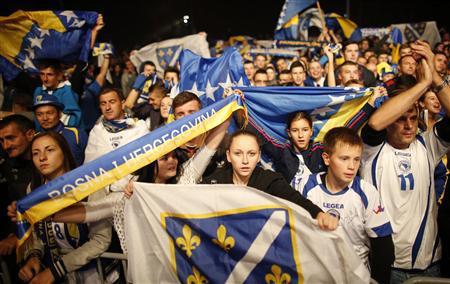

This article was submitted by ISA BELLE, a Dutch student studying in Mostar, Herzegovina.
People in the Balkan love football, and Bosnia is no exception. They play, watch and support big clubs from the English Premier League and then fight about it. There have been several occasions when I was not allowed to leave my house in Mostar because the city’s rival teams were playing against each other resulting in riots after the game. Local people say that it has less to do with the match than the temperamental Balkans who need to burst.
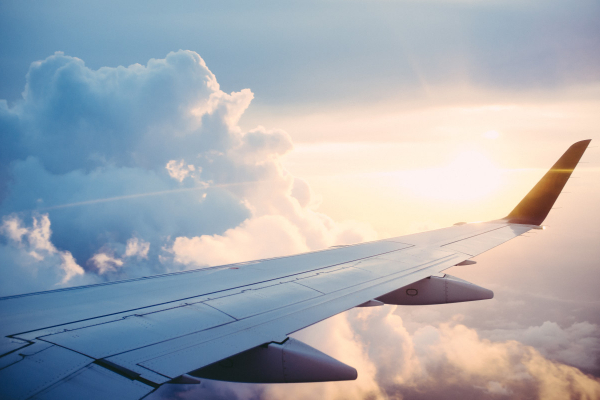

This tip was submitted by BELEN, a foreign student studying in Sarajevo.
The best way to get to Sarajevo is by plane. There are daily flights from a few European airports for example Franz Josef Strauss Airport in Munich or Vienna International Airport in Austria. If you are departing from another European city, you will have to book a flight which stops at one of these cities. It’s also possible via Budapest, in Hungary.
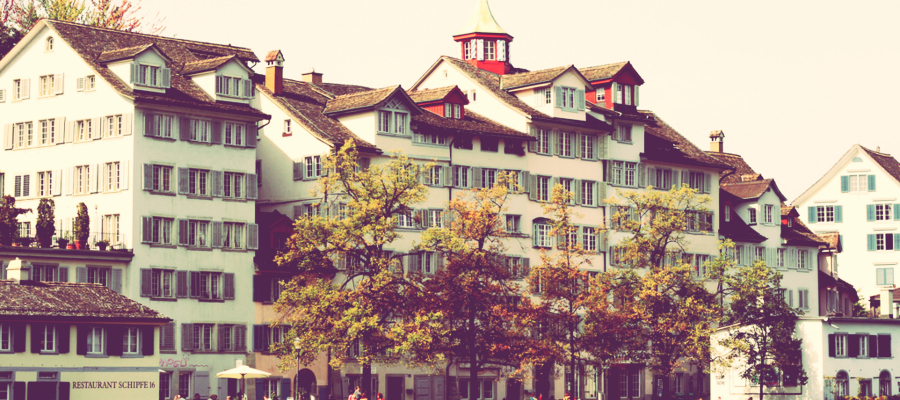
I arrived in Zurich by train from Feldkirch, Austria quite early in the morning and had almost half a day until my bus back to Prague would depart. Three days ago, I took an overnight bus from Prague to Zurich, hopped on a train from Zurich to Feldkirch Austria, my base to visit Liechtenstein. I quickly stored my backpack at the train station and inquired about the free bike service. Yup, you could rent a bike for free in one of the most expensive cities in Europe. Perhaps the city wants to encourage people to switch to bike and free the streets of cars, attract more tourists or experiment different method of advertising.
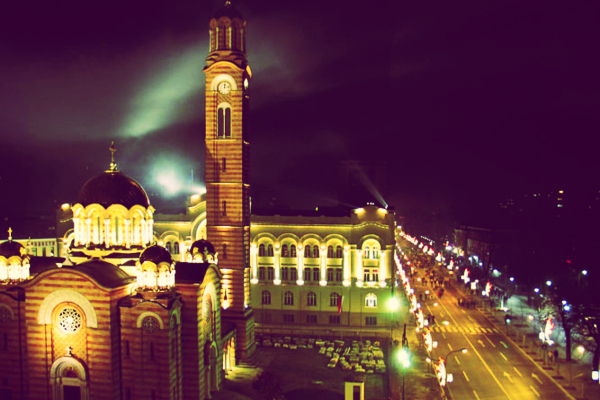

Banja Luka is the capital of Republika Srpska, one of the two entities of Bosnia-Herzegovina, the other being the Federation of Bosnia and Herzegovina. As you can see from the name, the population of Republika Srpska consists of mainly Bosnian Serbs versus Bosniaks and Bosnian Croats from the Federation. Banja Luka has around 200,000 people, making it the second biggest city, after Sarajevo. Over the past year, I have visited a lot of places in the Federation, but I have never properly been in the Republika Srpska. Thus I was curious to go there and see whether it would be any different from the Federation. I know that I should visit the entire entity to come to a clear conclusion, but I don’t have the opportunity to do that–and nobody ever will see something in its entirety–so I thought the capital was a good place to start.
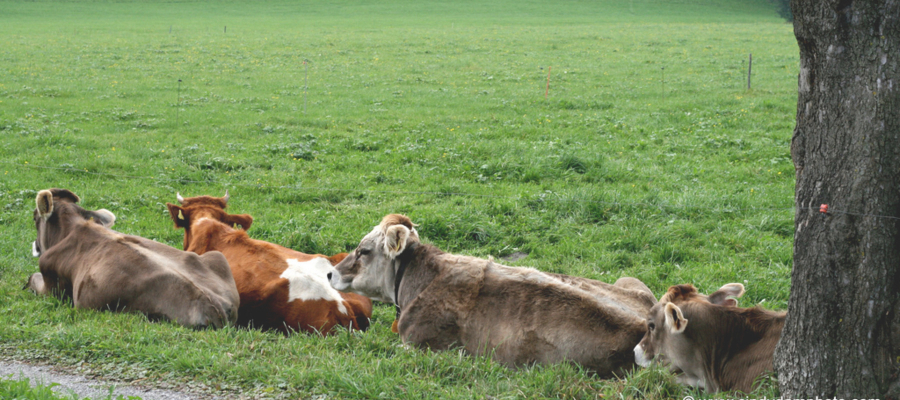
While researching for the trip, I found a travel forum that suggested biking in Liechtenstein. When I stayed in Feldkirch, Austria, a city located on the border with Switzerland and Liechtenstein, I checked with other people about biking to Liechtenstein from here but got talked down. Tourists at the hostel where I was staying all took the bus to Vaduz, the capital of Liechtenstein. At first, I didn’t want to go. My overeaten-breakfast stomach and discouraging comments from other hostelers almost convinced me to buy a day pass and hop on the Liechtenstein bus to enjoy a smooth ride. Thank god my curiosity got over my laziness, and I took bus no.2 to Hotel Gasthof Löwen to rent a bicycle. (www.hotel-loewen.at)
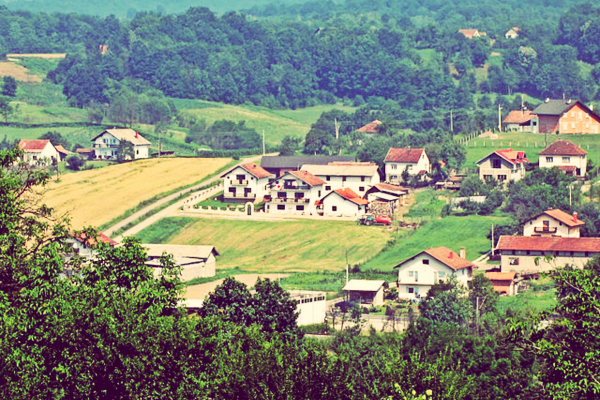

This article was submitted by ISA BELLE, a Dutch student studying in Mostar, Herzegovina.
45 minutes north of Mostar is an area perfect for hiking, called Diva Grabovia. It is a perfect example of Karst landscape, defined by layers of bedrocks. If you are not familiar with this geographical term, it’s just incredibly beautiful nature with high mountains and the magical turquoise Neretva River flowing in between. People made an effort to turn this area into a recreational place where you can have the most wonderful hikes.
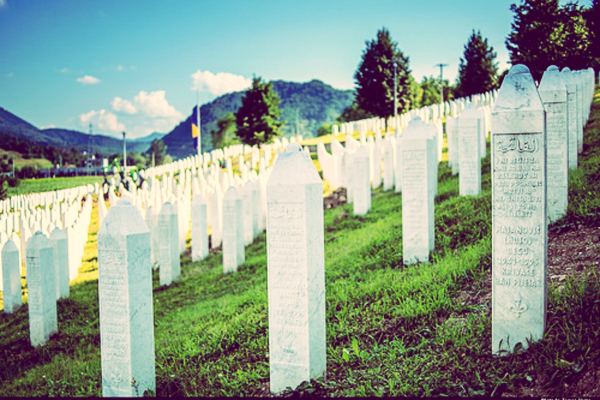

This article was submitted by ISA BELLE, a Dutch student studying in Mostar, Herzegovina.
For a school assignment, I interviewed an ex-Dutch batter who served in Srebrenica during its fall. The interview was interesting, so I decided to translate and post it here. I encourage you all to read it; however, it’s best if you do a bit of research beforehand so you can understand it better.
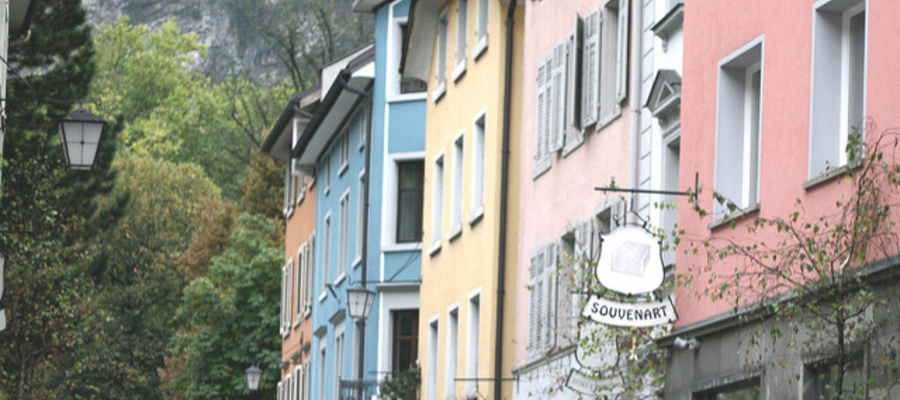
Feldkirch is a no-name little town in Austria. You have no business of going there unless you find yourself scratching your head and wondering how will you do Switzerland and Liechtenstein in a limited amount of time and under a shoestring budget.
Living in Central Europe is great. Where else can you make a very last-minute decision to go to another country, not one but three other countries, a few hours before the actual trip?
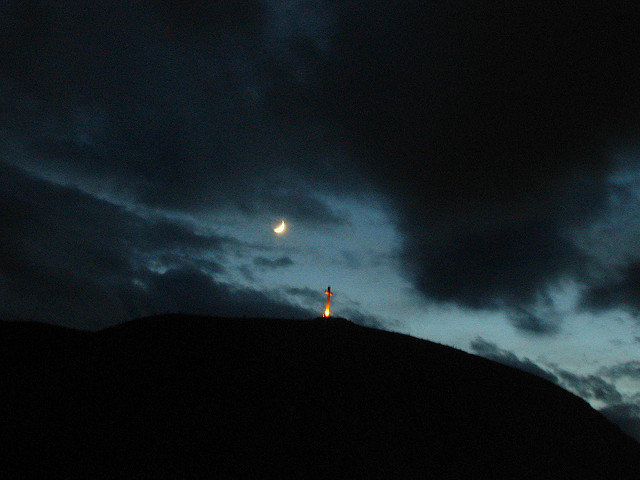
This article was submitted by ISA BELLE, a Dutch student studying in Mostar, Herzegovina.
In my last article, you can read about the cross on the Hum, the hill dominating Mostar. Although being a topic for argument, it’s one of my favorite places. Not because it is a cross (I think it’s ugly) but because the space takes me away to nature while being in a big city, and offers stunning views of the hills and mountains that surround Mostar.
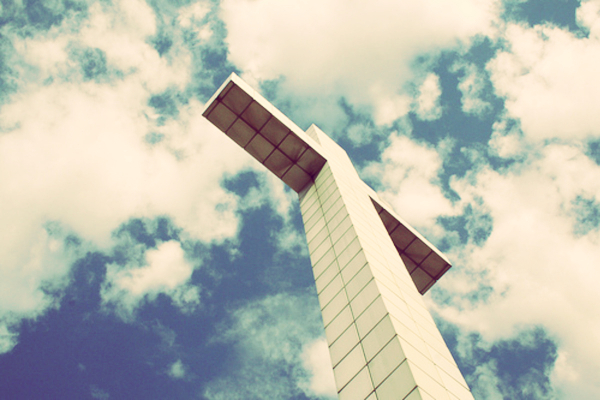
This article was submitted by ISA BELLE, a Dutch student studying in Mostar, Herzegovina.
You cannot miss it when you are in or around Mostar: the huge cross (33 m tall) on the Hum Hill which dominates the city. You can see the cross from most spots in Mostar because it is illuminated even at night. It seems to stand there quietly and peacefully, but nothing could be less real.
This cross has been a topic of discussion ever since it was first erected in 2000. The cross is, of course, a religious symbol for the Catholic Croats in Mostar; it’s a part of their religion. According to Bishop of Mostar who spoke at the opening ceremonies and dedication for the cross, “its presence there is “to spread the fruit of peace to all sides of the world.”